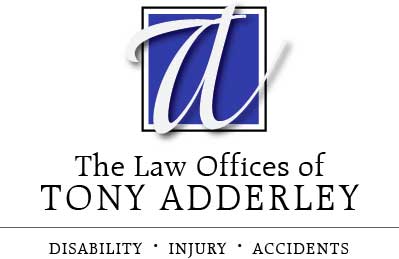Depression is possibly the top cause of disability in the United States, but it’s extremely difficult to prove to the Social Security Administration. If you lost your arms and legs in an accident, you’d likely be approved for SSD, but if you lost your family and suffered depression as a result, your fight for SSD benefits might be much tougher. Depression is usually characterized by sadness, gloominess, and feelings of bleakness and inadequacy. Those with depression also typically suffer from fatigue and extremely low energy. Medication helps many sufferers of depression; it’s a medical condition.
Almost everyone “feels depressed” at some time, but it’s usually a reaction to negative events in the environment, and most of us “bounce back” in a quick period of time. Anyone suffering deep depression for more than several weeks may require medical attention; for some, the brain chemicals become imbalanced, and clinical depression sets in. Clinical depression can result in an inability to cope with the simple routines of daily life. It can affect eating, personal hygiene, and the ability to work at a routine job.
To qualify for SSD, a person suffering from depression must either meet specific disability criteria established by Social Security, or a person must be approved for a medical-vocational allowance based on their depression and other personal data such as other disabilities, age, work history, and education level.
To qualify for SSD because of depression, Social Security requires you to prove at least four of these symptoms: reduced interest or enjoyment of most activities; lowered appetite (or overeating); difficulty with thinking or focusing; feelings of guilt or worthlessness; too much sleep (or insomnia); delusions or paranoia; low to no physical energy; and suicidal thinking.
Social Security also requires that your depression causes you difficulty with social functioning, daily living activities, and focusing on tasks at hand. Even if your depression improves with medication and counseling, you may qualify for SSD if your improvement is tentative and relapse is possible.
Meeting these requirements isn’t the only way to receive disability approval. Most approved disability claims are approved as a “medical-vocational allowance.” Social Security determines how your condition impacts affect your capacity for unskilled work, which includes: responding properly to supervisors and colleagues; understanding and following simple instructions; making work-related decisions; and handling changes in a job routine.
If you are seeking SSD benefits due to depression, your best course of action is to contact a Social Security disability attorney. He or she can help you understand how Social Security arrives at decisions regarding disability. An experienced Social Security disability lawyer can also help you compile the evidence you need and meet with medical and psychological experts who can help you. In fact, if you need benefits due to any mental or physical disability, contact a Social Security disability attorney at once, and get started. It can be a long process.

